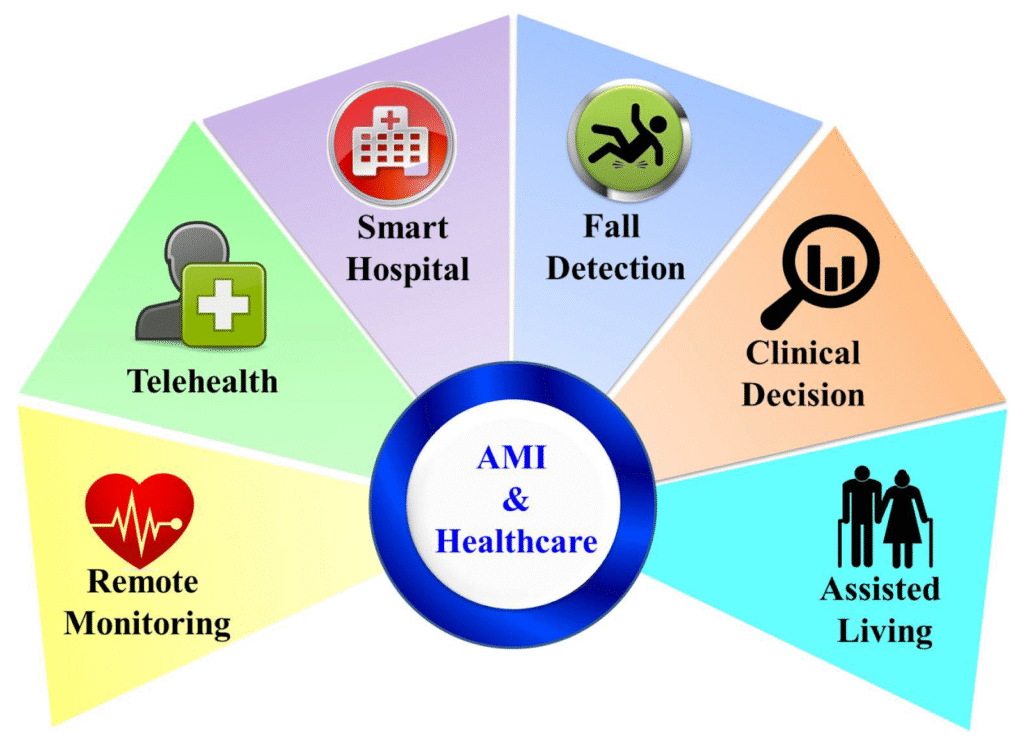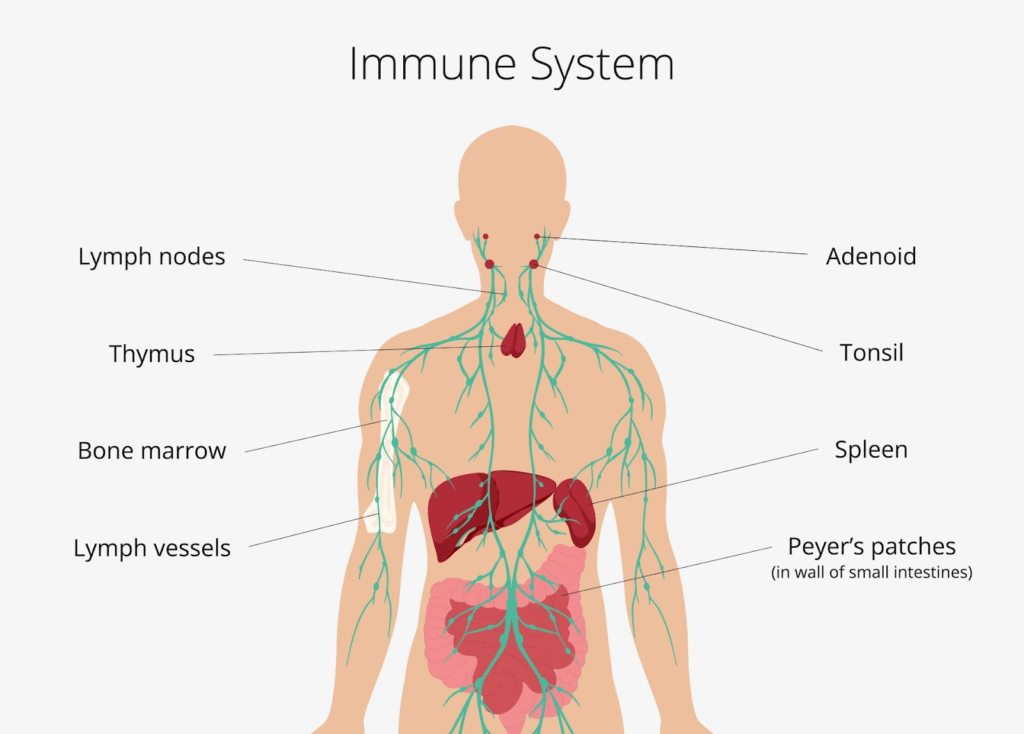Best Online Therapy Options You Should Try Today in our fast-paced, digital era, mental wellness has taken center stage. The proliferation of online therapy options presents a compelling solution for those seeking accessible, confidential, and flexible care. Whether you’re navigating stress, grappling with anxiety, or pursuing personal growth, virtual therapy platforms offer an array of approaches—ranging from text-based counseling to live video sessions. Here, we explore the top online therapy options you can start using today, examine their unique features, and provide guidance on choosing the best fit for your needs.

Table of Contents
- Why Choose Online Therapy?
- Key Features to Look For
- Top Online Therapy Platforms
- 3.1 BetterHelp
- 3.2 Talkspace
- 3.3 Cerebral
- 3.4 Pride Counseling
- 3.5 Regain Therapy
- 3.6 7 Cups
- 3.7 Calmerry
- 3.8 Amwell
- 3.9 Doctor on Demand
- 3.10 Ginger
- Specialized Modalities and Niches
- Cost, Insurance, and Accessibility
- How to Get Started Safely
- Maximizing the Virtual Therapeutic Alliance
- Future Trends in Online Therapy Options
- Conclusion: Empower Your Wellbeing
Why Choose Online Therapy?
Virtual counseling—once seen as a novelty—is now mainstream. Here’s why many are turning to online therapy options:
- Convenience and Flexibility: Schedule sessions around work, family, or school commitments, without the commute.
- Anonymity and Comfort: Attend therapy from your own home, making it easier to open up.
- Wider Therapist Pool: Access clinicians across regions and specialties, not just local practitioners.
- Cost-Effectiveness: Some platforms offer sliding-scale fees or subscription models that can lower per-session costs.
- Continuity of Care: Maintain consistent support during relocations, travels, or life transitions.
In short, online therapy democratizes mental health care. It meets you wherever you are—physically and emotionally—ensuring therapeutic support is just a few clicks away.
Key Features to Look For
When evaluating online therapy options, consider these critical elements:
- Modality Variety: Does the platform offer text, audio, video, or group sessions? A diverse modality suite accommodates different communication preferences.
- Therapist Credentials: Look for licensed professionals (e.g., LMFT, LPC, LCSW, PsyD) with accredited training.
- Platform Security: Ensure HIPAA compliance, end-to-end encryption, and secure data storage to safeguard your confidentiality.
- Matching Algorithm: Intelligent matching tools can pair you with therapists who specialize in your concerns—anxiety, depression, grief, or relationship issues.
- Affordability and Insurance: Transparent pricing, insurance partnerships, or sliding-scale options can make therapy more accessible.
- Additional Resources: Supplementary materials—journals, worksheets, self-paced modules, or peer support forums—enhance the therapeutic journey.
By prioritizing these features, you’ll find an online therapy platform that aligns with your therapeutic goals and logistical needs.
Top Online Therapy Platforms
Below, we delve into the leading online therapy options, detailing their standout features and ideal use cases.
3.1 BetterHelp
Overview: BetterHelp is one of the largest online counseling platforms, connecting users with licensed therapists via messaging, phone, and video.
- Key Features:
- Unlimited messaging with your therapist.
- Weekly live sessions via phone or video.
- Journal prompts and worksheets for self-reflection.
- Subscription Model: Flat monthly fee (typically $60–$90), reimbursable by some insurers.
- Ideal For: Individuals seeking flexible scheduling, asynchronous communication, and a robust therapist network.
3.2 Talkspace
Overview: Talkspace offers text-based therapy along with live video sessions, plus psychiatric medication management.
- Key Features:
- Unlimited text, audio, and video messaging.
- On-demand therapist responses.
- Psychiatrist-led medication evaluation and prescriptions (where licensed).
- Subscription Model: Tiered pricing ($50–$500 per month), depending on messaging-only or video packages.
- Ideal For: Users desiring integrated talk therapy and psychiatric support in one app.
3.3 Cerebral
Overview: Cerebral focuses on collaborative care, integrating therapy and medication management for conditions like depression, anxiety, and insomnia.
- Key Features:
- Care teams including prescribers and therapists.
- Personalized treatment plans with check-ins.
- 24/7 messaging support.
- Subscription Model: Starting at $85 per month, includes unlimited messaging and monthly live sessions.
- Ideal For: Individuals seeking a combined pharmacological and therapeutic approach.
3.4 Pride Counseling
Overview: Pride Counseling tailors online therapy options specifically for the LGBTQ+ community, addressing unique stressors and identity-related issues.
- Key Features:
- Specialized LGBTQ+ therapists.
- Safe, judgment-free environment.
- Resources on coming out, relationship dynamics, and gender identity.
- Subscription Model: Similar to BetterHelp’s structure ($60–$90 per week).
- Ideal For: LGBTQ+ individuals seeking culturally sensitive care.
3.5 Regain Therapy
Overview: Regain Therapy specializes in relationship and couples counseling, delivered entirely online.
- Key Features:
- Joint messaging threads for partners.
- Live video sessions focusing on conflict resolution and communication skills.
- Homework assignments to strengthen bonds.
- Subscription Model: Packages range from $60 to $120 weekly.
- Ideal For: Couples aiming to enhance intimacy, resolve conflicts, or navigate transitions.
3.6 7 Cups
Overview: 7 Cups offers free peer support alongside professional therapy for a nominal fee.
- Key Features:
- Trained volunteer listeners available 24/7.
- Affordable therapy sessions ($150/month for professionals).
- Self-help guides and community forums.
- Subscription Model: Free peer chats; $150/month for unlimited professional therapy.
- Ideal For: Those seeking immediate emotional relief, supplemented with optional professional support.
3.7 Calmerry
Overview: Calmerry is a newer platform that emphasizes personalized care plans and flexible communication.
- Key Features:
- Unlimited messaging and bi-weekly video calls.
- Customized treatment roadmaps.
- Access to licensed therapists worldwide.
- Subscription Model: Competitive rates ($45–$75 per week).
- Ideal For: Budget-conscious individuals seeking structured yet flexible therapy.
3.8 Amwell
Overview: Amwell is a telehealth giant offering therapy alongside medical and psychiatric services.
- Key Features:
- Video sessions with therapists, psychiatrists, and nutritionists.
- Insurance-friendly platform accepting major providers.
- Integrated e-prescriptions and lab orders.
- Subscription Model: Varies by insurance coverage; self-pay options available.
- Ideal For: Users wanting comprehensive telehealth in one ecosystem.
3.9 Doctor on Demand
Overview: Doctor on Demand provides psychiatric evaluations and mental health therapy, integrated with broader medical care.
- Key Features:
- Licensed psychiatrists and psychologists.
- Immediate or scheduled video appointments.
- Coordination with primary care for holistic health.
- Subscription Model: $129–$299 per psychiatric visit; therapy at additional cost.
- Ideal For: Those requiring medication management alongside therapeutic support.
3.10 Ginger
Overview: Ginger delivers on-demand chat-based coaching with therapists available via video.
- Key Features:
- 24/7 chat support with behavioral health coaches.
- Escalation to licensed therapists and psychiatrists when needed.
- Data-driven progress tracking.
- Subscription Model: Employer-sponsored or $299/month for individuals.
- Ideal For: Employees and busy professionals needing real-time support.
Specialized Modalities and Niches
Beyond the major platforms, many online therapy options cater to niche needs:
- Child and Adolescent Therapy: Platforms like Kinderly offer age-appropriate, play-based interventions.
- Trauma-Focused Care: Services such as Trauma Online specialize in PTSD and complex trauma treatments.
- Eating Disorder Support: Recovery Warriors and Am I Hungry? provide specialized support for disordered eating.
- Mindfulness and DBT: MoodMission and DBT Path offer app-based modules supplementing traditional therapy.
By matching modality to your unique concerns—be it trauma, grief, or behavioral challenges—you maximize therapeutic efficacy.
Cost, Insurance, and Accessibility
Navigating costs and coverage is crucial when selecting online therapy options:
- Sliding-Scale Fees: Some therapists offer income-based rates.
- Insurance Partnerships: Platforms like Amwell, Doctor on Demand, and certain Talkspace plans accept Keystone, UHC, Cigna, and more.
- Employee Assistance Programs (EAPs): Many employers subsidize services through EAPs, covering a set number of sessions.
- Self-Pay Subscriptions: BetterHelp, Pride Counseling, and Regain operate on flat monthly fees, often more affordable than traditional hourly rates.
Always verify licensure portability if you move states or travel, ensuring uninterrupted care.
How to Get Started Safely
Embarking on your online therapy journey involves thoughtful steps:
- Identify Your Goals: Are you seeking short-term stress relief or long-term personal growth?
- Research Credentials: Confirm therapists hold valid licenses in your state.
- Trial Periods: Many platforms offer risk-free trials—use them to assess fit.
- Privacy Clarifications: Review privacy policies for data handling, session recording rules, and confidentiality practices.
- Emergency Plan: Establish crisis resources—hotline numbers or local emergency contacts—in case urgent support is needed outside session hours.
These precautions ensure a secure, effective therapeutic partnership.
Maximizing the Virtual Therapeutic Alliance
Strong therapeutic rapport transcends physical distance. To nurture connection online:
- Be Present: Turn off notifications, choose a private space, and use headphones.
- Set Clear Expectations: Discuss session frequency, messaging boundaries, and response times upfront.
- Leverage Homework: Engage with worksheets, journal prompts, or mindfulness apps recommended by your therapist.
- Provide Feedback: Regularly share what’s helping or hindering your progress to refine the approach.
By actively collaborating, you and your therapist co-create a dynamic healing environment—no matter the miles between you.
Future Trends in Online Therapy Options
The digital mental health sphere is evolving rapidly. Look for these emerging innovations:
- AI-Enhanced Screening: Machine learning tools refining symptom assessments for more precise triage.
- Virtual Reality Exposure Therapy: Immersive VR environments supporting phobia treatment and trauma processing.
- Wearable Integration: Biometric data from smartwatches (heart rate variability, sleep metrics) informing personalized interventions.
- Peer-to-Peer Networks: Decentralized platforms connecting users for guided support circles, fostering collective resilience.
Staying informed about these trends empowers you to leverage cutting-edge resources on your wellness journey.
Mental wellness is an ongoing voyage, not a final destination. By exploring the vast landscape of online therapy options, you can find modalities that resonate with your lifestyle, preferences, and therapeutic goals. From text-based support to interactive VR sessions, today’s platforms offer unprecedented flexibility, affordability, and expertise.
If you’re ready to take the next step, consider your desired modality, budget, and specialized needs. Sign up for a trial, engage with your therapist openly, and integrate recommended practices into your daily life. With the right online therapy partner by your side, you can build resilience, foster self-discovery, and unlock a deeper sense of wellbeing—one virtual session at a time.





More Stories
Health News Insights for Smarter Living
Health News Tips for a Stronger You
Essential Health News for Modern Living